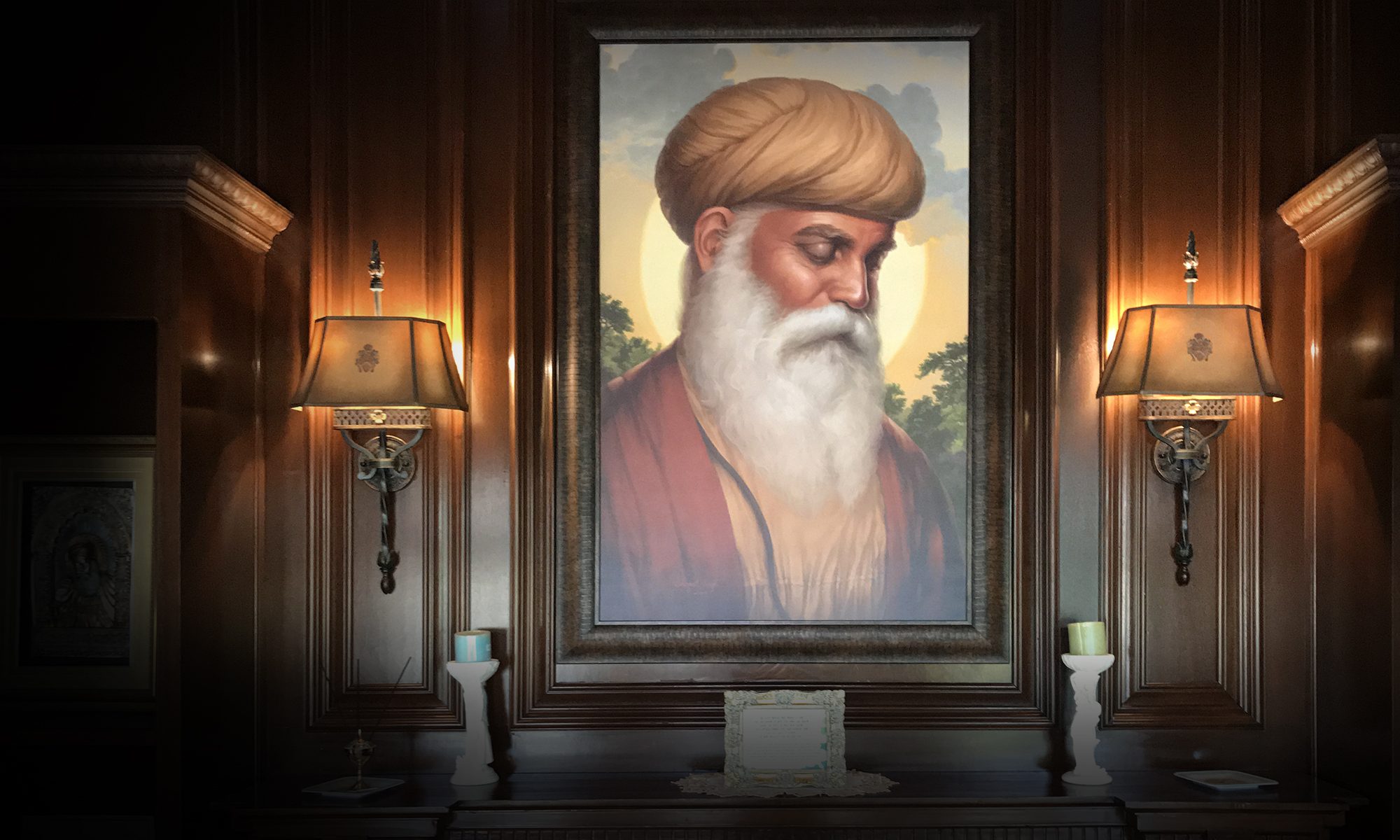“He alone is clever, wise, priest, warrior, intelligent, who chants the Name of Hari, in the Sadh Sangat; Nanak says he alone is approved.”
– Guru Arjun Dev ji (Guru Granth Sahib, 1221)

Order Your Prints Now
$84.00 – $3,467.00Select options This product has multiple variants. The options may be chosen on the product page
| Premium Gloss Canvas | Cost | Enhanced Matte Paper | Cost |
| Small (24″ x 16″) | $299 | Small (24″ x 16″) | $59 |
| Medium (32″ x 21″) | $399 | Ultrasmooth Fine Art Paper | Cost |
| Large (48″ x 31″) | $599 | Medium (32″ x 21″) | $199 |
| Grand (60″ x 40″) | $899 | Large (48″ x 31″) | $399 |
| Unique (85″ x 55″) | $2499 | – | – |
*Your Premium Canvases are carefully hand-stretched around thick wooden bars to hold them taught. Hanging bits are included so that your canvas is ready to hang as soon as you receive it!



Artist’s Notes
Early Sikh military history is dominated by the independent Nihang military order, particularly for many famous military victories. Nihang means fearless and ferocious. Neh – Without, Sang – Fear combines to Nihang, the fearless one.
Nihangs were also known as Akalis. This term is said to be derived from the Akal Purukh in Punjabi – “the Timeless One”, a term for God. Thus Akali translates as “Servitor of the Timeless One”.
Nihangs are known for their bravery and ruthlessness in the battlefield, who once formed the suicide squads (for their lack of fear for death) of the armed forces of Maharaja Ranjit Singh. The career of the Akali Nihang General of the Maharaja’s time, Akali Phula Singh, is a famous one. He first came into notice as the leader who led the attack on Thomas Metcalfe’s escort at Amritsar in 1809. He was then employed by Maharaja Ranjit Singh, as a General in the Indus valley, and is well known for his contribution to Ranjit Singh’s battles.
Details of the Painting
Finalization of the Akali Phula Singh – speedpainting, Akali Nihang General is one of Bhagat Singh’s tradional-looking paintings. The simplicity of the painting, the traditional Indian armour, the loaded sash and the sense of leadership, all combined, are meant to bring out “the Nihang” in the painting.

